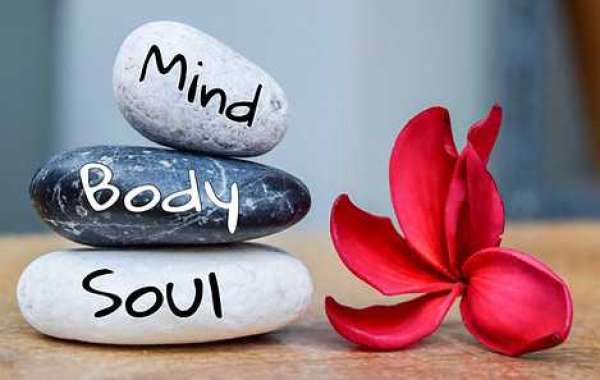Psychoanalysis is a specific form of psychotherapy that was developed by Sigmund Freud in the late 19th and early 20th centuries. It differs from many other forms of therapy in several key ways:
Depth and Intensity: Psychoanalysis is typically a long-term, intensive form of therapy that can last for several years. Sessions may occur multiple times per week, and the goal is to delve deeply into the patient's unconscious mind to explore underlying conflicts and motivations.
Focus on the Unconscious: One of the central tenets of psychoanalysis is the belief in the existence and importance of the unconscious mind. Freud believed that many psychological issues and symptoms are rooted in unconscious conflicts, desires, and memories. Other forms of therapy may not emphasize the unconscious to the same extent.
Free Association: In psychoanalysis, patients are encouraged to engage in free association, where they speak whatever comes to mind without censorship or self-criticism. This is believed to help uncover hidden thoughts and feelings.
Transference: Psychoanalysis places a strong emphasis on the concept of transference, where the patient unconsciously transfers emotions and attitudes from important figures in their past (e.g., parents) onto the therapist. Exploring transference is a key component of the therapeutic process.
Interpretation: The therapist in psychoanalysis often takes an active role in interpreting the patient's thoughts, feelings, and behaviors, with the goal of helping the patient gain insight into their unconscious conflicts.
Lengthy Treatment: Unlike many other forms of therapy, which may be relatively short-term and symptom-focused, psychoanalysis aims for more profound and enduring changes in the patient's personality and self-awareness.
In contrast, other forms of therapy, such as cognitive-behavioral therapy (CBT), dialectical behavior therapy (DBT), and humanistic therapies, have different theoretical foundations and therapeutic techniques. These therapies tend to be more structured, shorter in duration, and focused on specific problems or symptoms. They may not delve as deeply into the unconscious or prioritize the exploration of early childhood experiences to the same extent as psychoanalysis.
It's important to note that there are many different types of therapy, and therapists often use an integrative approach, drawing from various therapeutic modalities to best meet the needs of their clients. The choice of therapy depends on the individual's specific concerns, goals, and preferences, as well as the therapist's training and expertise.
For more info :-
Source Url :- https://sites.google.com/view/therapyappointmenty/home










